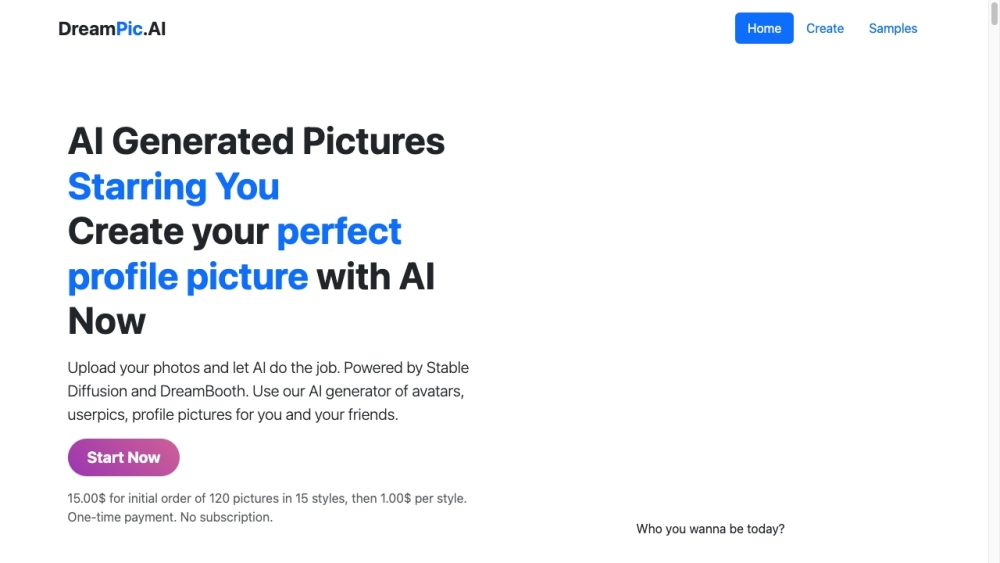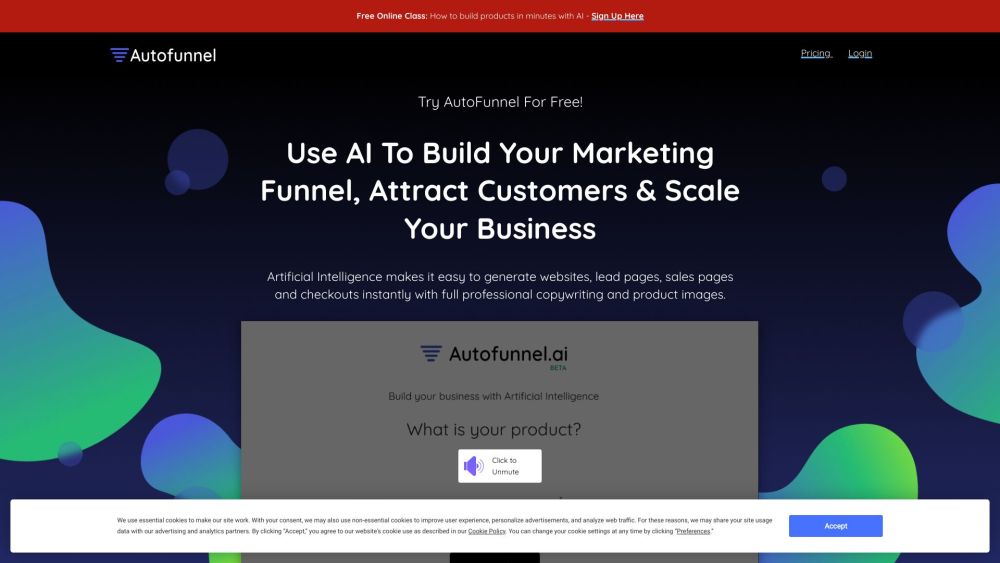OpenAI, the developer behind ChatGPT, is reportedly advancing towards the creation of autonomous AI agents capable of executing tasks on behalf of users. According to The Information, one type of software in development will enable these agents to take control of a user’s device, automating intricate tasks across various work environments. Typically, users navigate through applications by clicking and typing; however, this innovative agent could streamline processes by transferring data from documents to spreadsheets for analysis— a task that usually requires manual input.
Furthermore, another kind of AI agent being explored focuses on managing web-based activities. These could include making travel arrangements, booking flights, or creating itineraries without relying on API access. While ChatGPT can perform agent-like functions, it currently requires third-party API integration to complete these tasks.
During a developers’ conference last November, OpenAI introduced its Assistants API, which allows developers to create agent-like experiences within their applications. However, David Luan, the CEO of Adept and former head of engineering at OpenAI, noted that many enterprise applications lack APIs, and here is where these agents can bridge the gap. Agents stand out from robotic process automation (RPA) because they require less manual coding and can handle more complex, unstructured tasks with minimal user guidance.
The concept of AI agents is not entirely new; various companies have been working on similar technologies for years. For instance, in 2018, Google showcased a system capable of autonomously making phone calls to schedule hair appointments or restaurant reservations, with the human staff unaware they were interacting with a machine. However, Google opted not to launch this feature, partly out of concerns over potential public backlash.
Recently, Google appears to be shifting its approach. CEO Sundar Pichai indicated that integrating generative AI into search functionalities will allow it to evolve into a more agent-like interface. This evolution aims to enhance user experience by moving beyond just providing answers to actually executing tasks autonomously based on search results. The integration of AI agents into everyday applications promises to transform how users interact with technology, paving the way for a more efficient and intuitive future.




